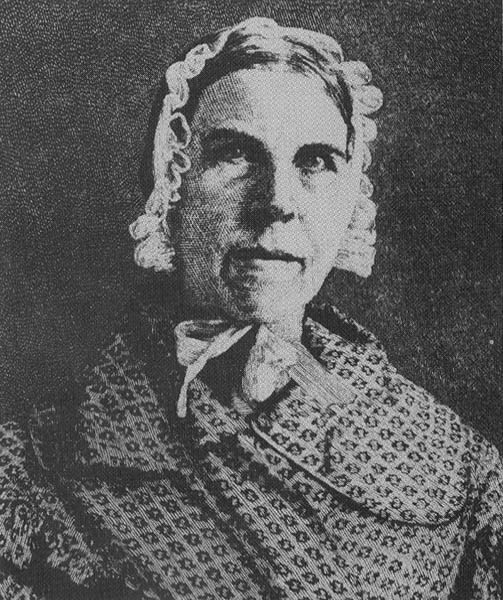Image Details

Bettmann Archive
Sisterhood is powerful, especially when the sisters are Sarah (shown here, compare with photo of Angelina Grimké) and Angelina Grimké. Ardent abolitionists, Sarah (1792–1873) and Angelina (1805–1879) left their prominent slave-holding family in Charleston, South Carolina in the 1820s and moved to Philadelphia. Quaker faith led the sisters—as it did Lucretia Mott (1793–1880) and Susan B. Anthony (1820–1906)—to public denunciations of slavery. All were criticized for stepping outside a woman’s “proper sphere.”
The Grimké sisters gained wide recognition through their writing and public speaking. In response to opposition by male abolitionists, Sarah wrote Letters on the Equality of the Sexes. They were threatened by pro-slavery mob violence. When Angelina married in 1838, she and her husband created a home for Sarah as well. The women retired from public speaking, but retained their influence on the next generation. Articulate and determined, the Grimké sisters were a major force in the move of anti-slavery women away from ladies auxiliaries in abolitionist associations and toward radical feminist political activism.
